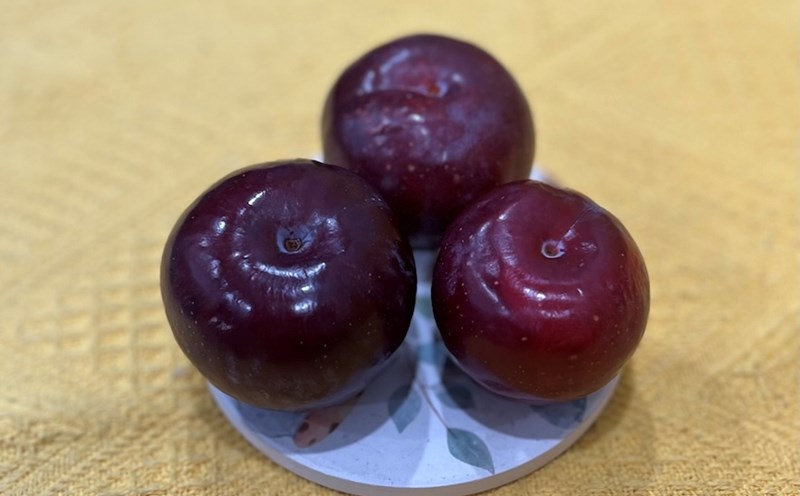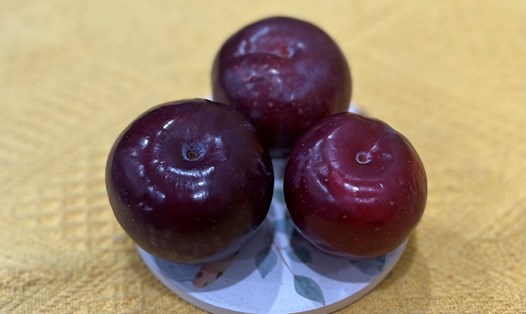Papaya is a fruit that contains many nutrients that are beneficial to health, especially in stabilizing blood pressure. Eating papaya properly can help control blood pressure effectively, prevent cardiovascular diseases and improve blood circulation.
First of all, papaya contains high levels of potassium, an important mineral that helps balance the amount of sodium in the body. When you consume too much sodium from salt or processed foods, your blood pressure will increase.
Potassium in papaya helps remove excess sodium through urine, thereby dilating blood vessels and maintaining stable blood pressure. A serving of ripe papaya can provide up to 10% of the recommended potassium intake per day, suitable for people with mild hypertension.
Papaya contains a lot of soluble fiber that helps reduce bad cholesterol (LDL) in the blood - a factor that causes atherosclerosis and increases blood pressure. Vitamin C, beta-caroten and antioxidants in papaya also help protect blood vessel walls from free radical damage, improve blood vessel elasticity, thereby supporting natural blood pressure regulation.
How to eat papaya to help stabilize blood pressure
For best results, you should eat ripe papaya in its fresh form, about 150200g per day, divided into two meals after meals. Don't eat papaya on an empty stomach because the papain in papaya can irritate the stomach.
People with diabetes or at risk of hyperglycemia should eat a moderate amount, avoid using papaya juice with added sugar.
Combining papaya with a low-salt, green vegetable diet and reasonable exercise will help stabilize blood pressure more sustainably.











